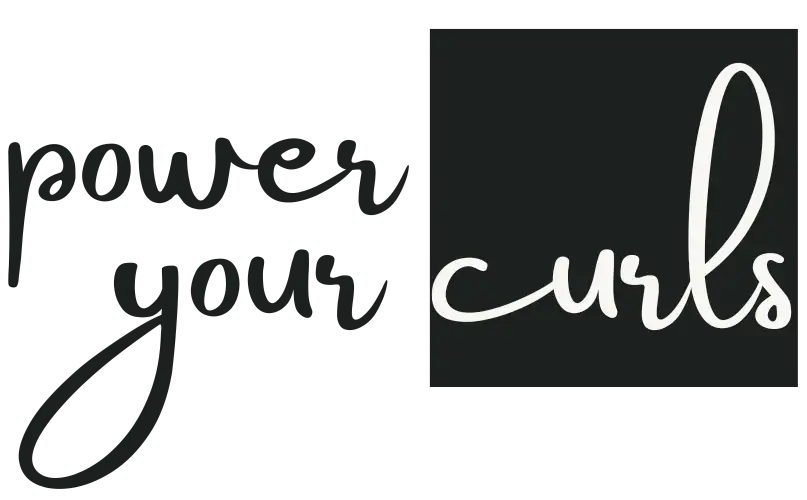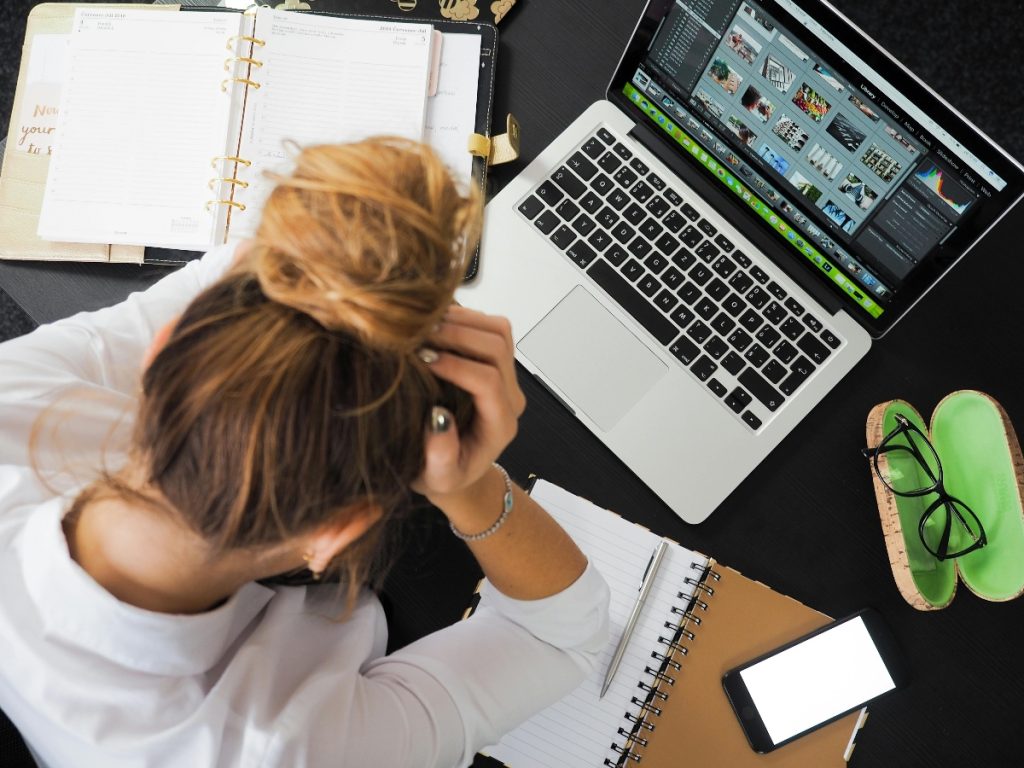
If you get bothered about breakouts and acne on your face, it may feel worse when you see acne on your scalp because it would be more difficult to treat. These small bumps on your scalp may also be itchy and painful.
In this blog, PowerYourCurls hair experts will walk you through how to take care of your scalp and steer clear of obnoxious acne invading your scalp.
What is scalp acne?
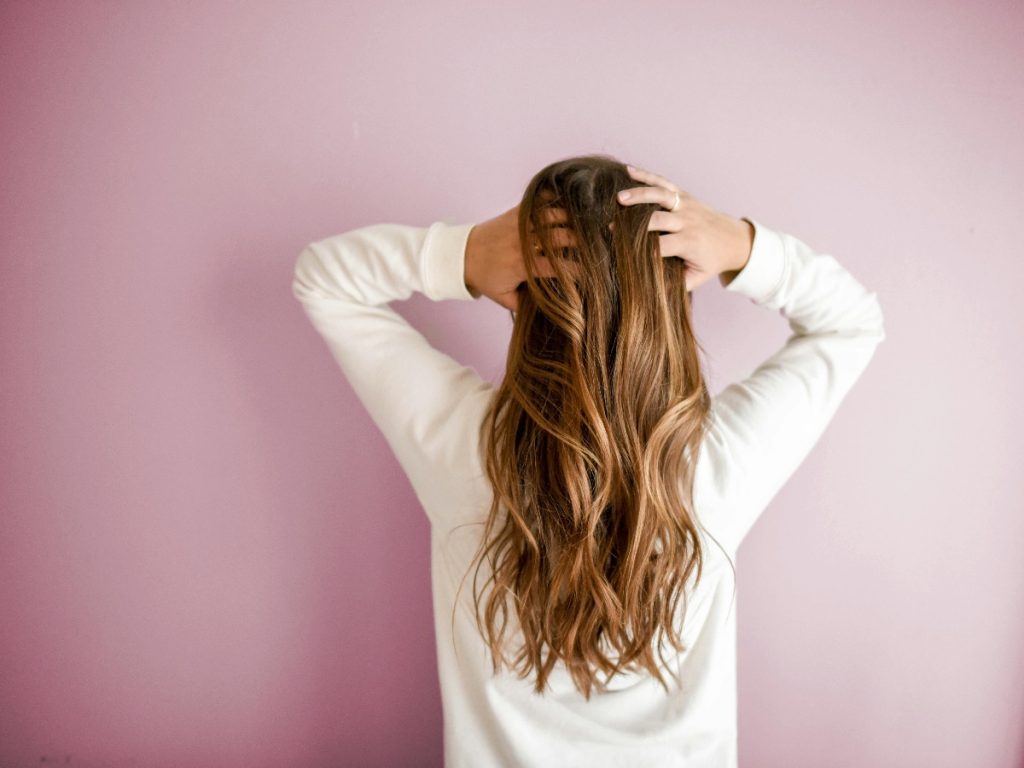
Scalp acne or folliculitis is pretty much the same as experiencing acne on your face. According to Cleveland Clinic, these show up when you experience breakouts on your scalp or hairline due to clogged pores or hair follicles.
Symptoms may be visible or not but some common ones include:
- Pimples on the scalp, forehead, back of the neck, or hairline
- Whiteheads
- Acne cysts with the scalp or hairline skin
- Scalp itchiness
- Painful skin
Acne is not life-threatening but it can also be a long-term or chronic illness if not treated properly. It is also an uncommon scalp condition and it will likely affect adults.
What causes scalp acne?
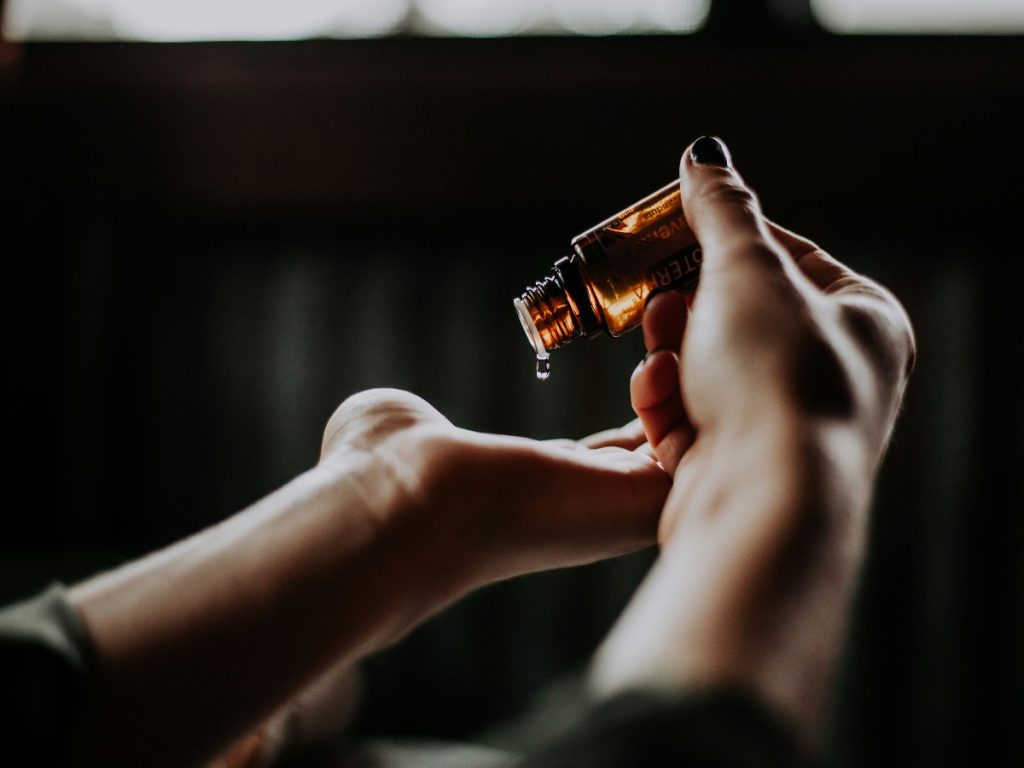
The usual main culprit of scalp acne is a build-up of oil possibly from hair products such as shampoo, hair gel, or hair spray.
Scalp acne may also be caused by yeast, mites, bacteria, sweat, and dead skin cells. Too much or too little natural oils on your scalp may also cause pimples.
This scalp condition may affect any hair type and some factors would increase the risk of getting scalp acne.
According to the American Academy of Dermatology Association, scalp acne will appear as whiteheads and tiny bumps called papules if you don’t experience breakouts from hair products.
Other symptoms include fluctuating hormones, wearing hats and helmets, wearing tight hairstyles, allergic reactions from medications, and genetics.
Can stress affect scalp acne?
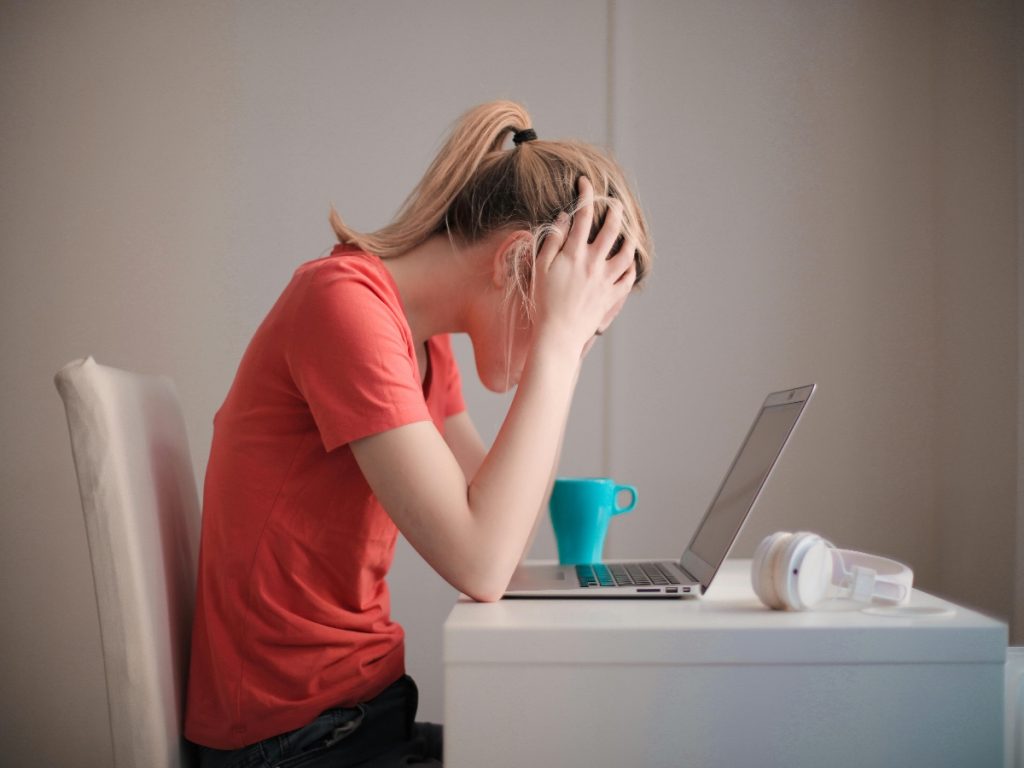
Stress can affect the scalp’s health and may produce acne because it can make the person struggle with their hair routine, which results in difficulty in regulating and balancing natural oils.
Aside from this, stress can cause a breakout after you had a sleepless night or week.
Is scalp acne contagious?
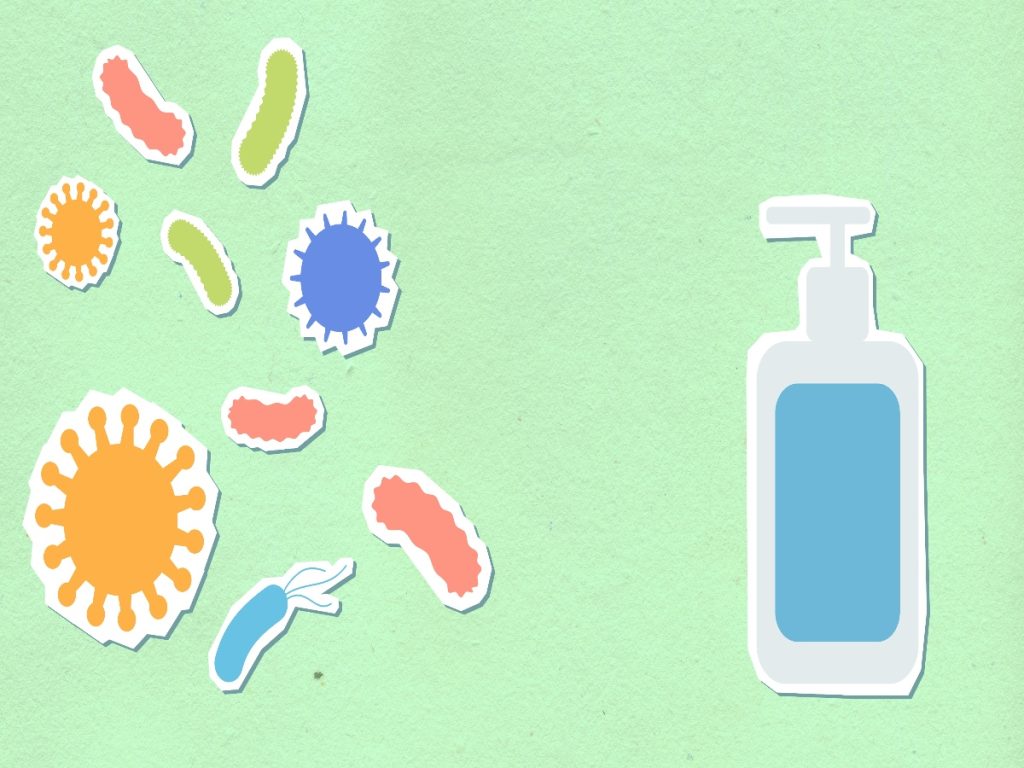
Scalp folliculitis is not infectious but contagious microorganisms such as bacteria and fungus can cause scalp acne. Therefore, if people use the same razor, brush, and towels that contain these agents, they could get scalp acne.
What are the different types of scalp acne?
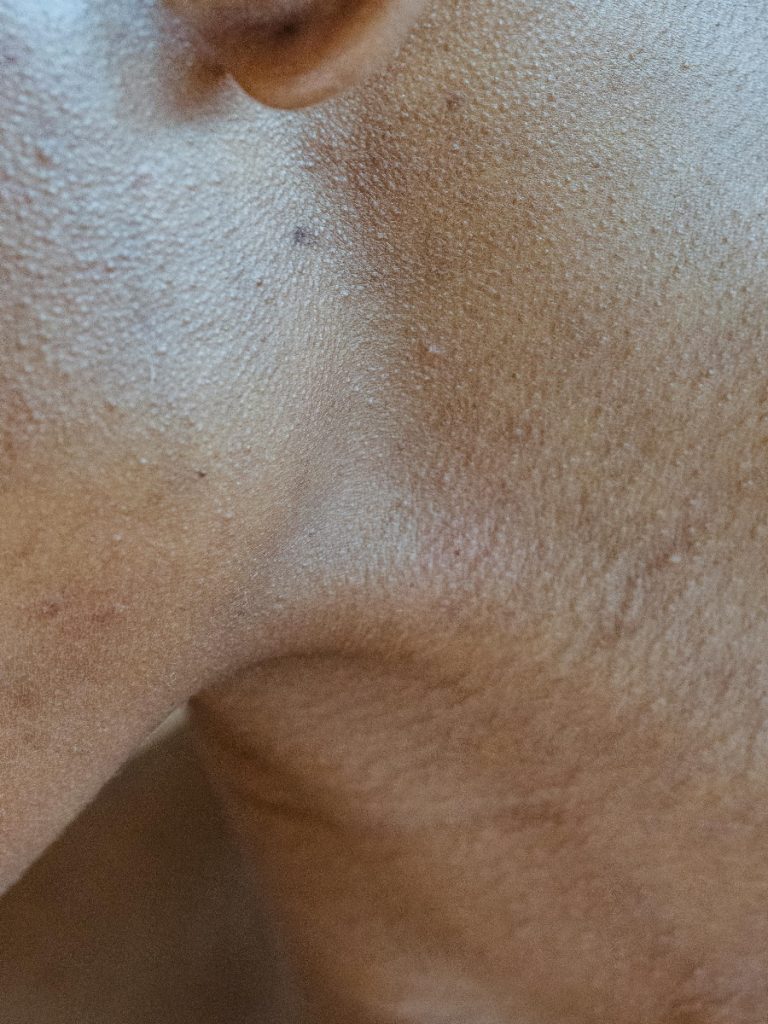
There are three different types of scalp acne which are needed to treat for a longer period compared to pimples. Acne may leave red marks or scars while pimples show quickly and disappear soon.
Here are the different types of acne on the scalp:
Mild
- These usually appear as blackheads or whiteheads due to clogged pores of the skin. It appears black because it is open and the skin pigment reacts with oxygen. Meanwhile, whiteheads are closed and usually have white or yellowish heads. The more oil buildup, the more likely that bacteria will multiply and turn into inflammatory acne.
Moderate
- These show up more visibly and are inflamed which are called papules (little bumps) or pustules (filled with yellow pus).
Severe
- Those who have severe forms of acne show a lot of papules, pustules, and nodules on the scalp. Nodules are reddish and painful and acne may also develop scars.
How to treat scalp acne?
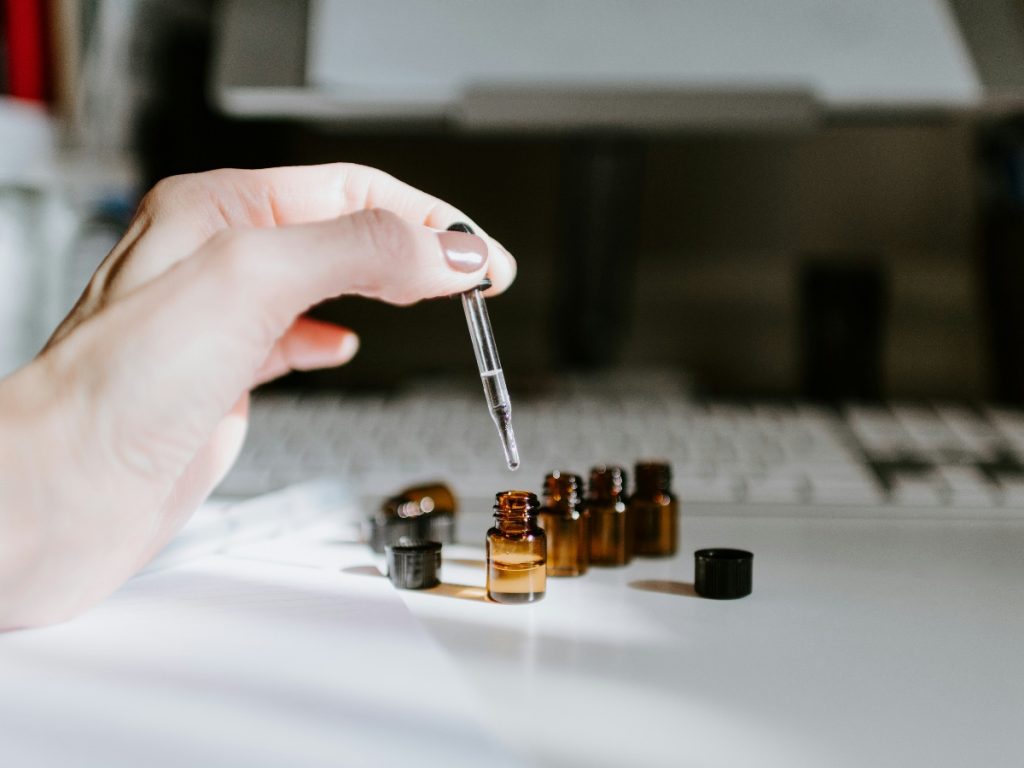
PowerYourCurls dermatologist Dr. Hamdan Abdullah Hamed advised some steps to add to your hair care routine if you have scalp acne.
Exfoliate the scalp
One way is through scalp exfoliation because it helps remove a build-up of products which can improve the scalp’s absorption of nutrients that will support scalp health.
“The process helps unclog the scalp, sebum, and buildup from follicles through small beads. There are many DIY scalp exfoliation mixtures that you can try to do this efficiently,” said Dr. Hamed.
“The small beads from the mixture will not only clear the scalp of impurities but also polish and improve the scalp’s texture. Afterwards, you can try applying Argan oil to moisturize the scalp,” added Dr. Hamed.
For this step, Hamed recommends the Renewing + Argan Oil Of Morocco Weightless Reviving Dry Oil.
Exfoliate hair with serum
Dr. Hamed also advised using retinoids to help decongest follicles which will allow the scalp to balance sebum or natural oils production.
He recommends using As I Am Dry and Itchy Scalp Care Oil Treatment to remove microbes that cause scalp acne.
Proper hair etiquette
To minimize symptoms such as irritation, itchiness, and flare-ups, Dr. Hamed advised some hair habits to follow such as wearing looser hats or headgear to relieve the scalp, washing the hair after sweating due to exercise, limiting the use of hair products such as hairsprays and gels, and eating food rich in antioxidants and Omega-3 to improve skin health.
Wash with hypoallergenic hair products
Some hair products may also have allergens which can increase the risk of scalp acne. Choose hair products without parabens, silicone, and sulfates.
Dr. Hamed recommends:
Earth Supplied Silicone Free Rinse Out Conditioner
Tgin Moisture Rich Sulfate Free Shampoo
Curls Professional Curlicious Curls Sulfate Free Cleanser
How to prevent scalp acne?
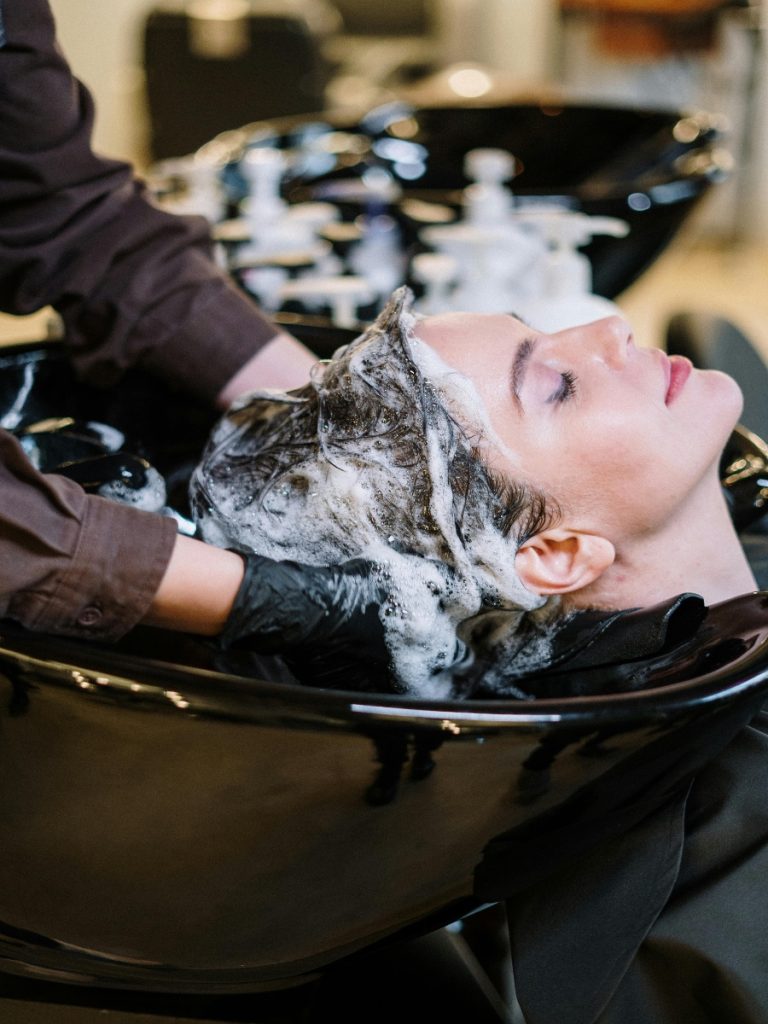
To prevent acne before it annoys you, PowerYourCurls trichologist Dr. Faisal Ahmed Hammadi advised washing the hair with paraben-free and sulfate-free products when it feels oily and exposed to bacteria during workouts.
“It will help in promoting scalp hygiene, which can prevent clogged pores — one of the main reasons behind scalp acne,” said Dr. Hammadi.
Dr. Hammadi also advised using clarifying shampoo once or twice every week to combat oily scalp from excess sebum.
For the perfect clarifying shampoo for curls, Dr. Hammadi recommends Curls Professional Pure Curls Clarifying Shampoo and Hawaiian Silky Triple Butter Shampoo.
It will also help to regularly wash hats or pillowcases that may have bacteria build-up that can be transferred to the hair, said Dr. Hammadi.
Since scalp acne is also affected by stress, Dr. Hammadi recommends doing stress-free activities that will be both beneficial to the scalp and the body.
“You can do this by regular exercise, getting enough sleep about 6-8 hours per day, and doing deep breathing exercises,” explained Dr. Hammadi.
